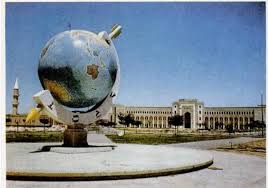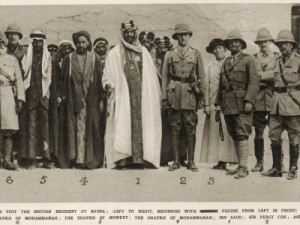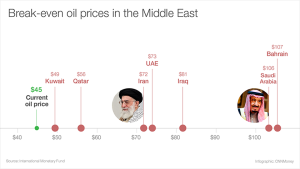When news seeped out about ISIS/DAESH selling and exporting oil over a year ago, I suspected a Turkish connection, even though Western and Saudi/Qatari media claimed there were deals between ISIS and the Assad regime. After all, the weapons, volunteers, and possibly much of the money for the Jihadis in Syria flowed through the long Turkish border. And ISIS/DAESH controls areas along the border. And there have been credible reports of cooperation between Turkish military and intelligence and the Jihadists in Syria. These days, when a terrorist or accomplices escape from a European country, they head for Turkey: that is the trailhead to lands controlled by ISIS.
Now the Russians have come out and said it openly, with claims of documentation. Iranian media have also carried and seemed to support the Russia claim.
The Turks could not be original, so what did they do? A day or two later they made their own claim of Russian-ISIS oil deals. I didn’t know Russian needed Syrian or Iraqi oil.
Wait, there is more. To make matters more entertaining, there are now reports on the social media of Turkish claims that Iranians also made oil deals with ISIS/DAESH. Tit-for-tat, since the Iranians seemed to support the earlier Russian claims. I didn’t know that the Iranians also needed Syrian or Iraqi oil. I had thought they spent the past few years trying to sell more of their own oil, not buy foreign oil from their Wahhabi enemies.
What next? Turkish claims of Iranian deals to buy Aleppo pistachios from ISIS? Iranian claims of Saudi oil deals with ISIS? Qatari claims that the Bahrain regime imports some of its nasty interrogators from ISIS? Oh, wait……….
Cheers
Mohammed Haider Ghuloum













